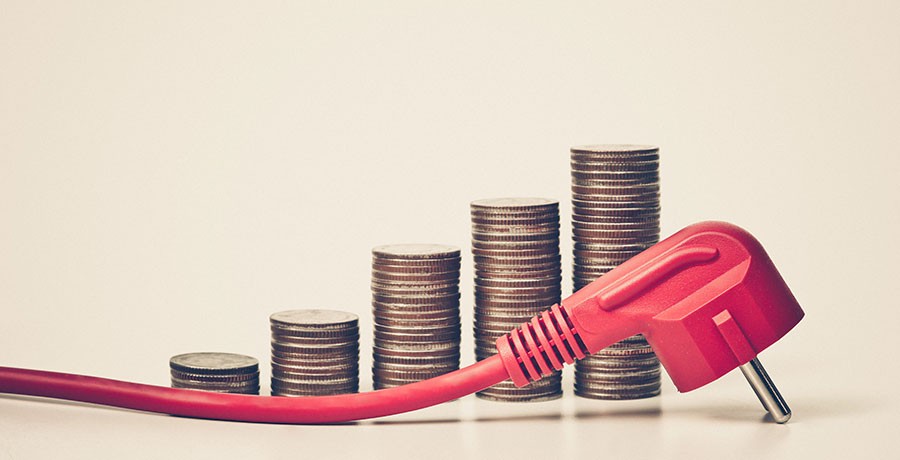Want to save money on electrical appliances? Electrical appliances consume a significant amount of energy. Currently, household appliances consume about 16% of household electricity, but this share is increasing steadily as households become more and more reliable on electrical appliances and smart gadgets.
Today, most households have more than one TV, stereo, gaming console, and computer. We may also have multiple mobile phones, tablets, or any number of other devices charging.
Compared to air-conditioning or hot water heating, each appliance uses very little power, but collectively, their energy consumption can add up.
By following these three steps, you can reduce the energy consumption of your appliances:
- Purchase energy-efficient appliances
- Reduce your appliance usage and run them for shorter periods
- Check with your energy provider whether you have an off-peak tariff and run some appliances at off-peak times. Pool filters or heaters, for instance.
The following tips will help you save on specific appliances.
Save money whilst laundering
Clothes dryers are among the most energy-consuming appliances in the house. We can save significant amounts of money if we stop using clothes dryers or at least reduce their use and get a little smarter with our washing and drying processes.
If it’s not raining, dry your clothes outside, and if it is raining, hang your clothes inside on a drying airer. When it comes to the washing machine, wash with full loads and use cold water. When you go shopping for a new washer, invest in an energy-efficient model.
If you must use the dryer, consider drying your clothes on the line first, then finish them off in your dryer. Remember to clean your dryer filter regularly too.
Save money on electrical appliances in the kitchen
There are several ways to save money in the kitchen. When it comes to your dishwasher, make sure you only run it when it is full, and use the economy setting (if it has one).
If you’re a tea or coffee drinker, only fill the kettle enough for one cup, and if you like multiple cups over the day, boil the kettle once and then use a thermos to keep it hot. Toaster ovens, grills, and microwaves can all be cheaper than an oven and a slow cooker can also save you money depending on the size and length of time you use it. When making a cake, wooden spoons are just as efficient as electric beaters and don’t require nearly as much effort. Performing physical cooking tasks yourself saves you time and money, plus, it gives you some exercise.

Spend less on living spaces
Just because we spend a lot of time in our living spaces or entertainment areas doesn’t mean we need to have every single device on at once. Let’s start with cleaning.
Generally, everyday cleaning should involve non-electrical items such as dustpans, brooms, and carpet sweepers. If you perform these tasks regularly, you’ll have a neat, clean space.
Laptops consume less energy than desktop computers, and when you’re not using the computer, turn it off rather than leaving it in standby mode.
You could also consider a smaller TV. Even though newer TVs are more energy-efficient than old CRT TVs, they are also often larger and thus consume more electricity. It’s not uncommon to be scrolling through your phone or laptop while the TV is on in the background. Perhaps you can make a conscious effort to watch less TV, or at least be more mindful regarding your watching habits? You’re sure to benefit anyway, and there is also the option of the old-fashioned method of only having one television and sharing programming.
Apparently, Australians are among the world’s most prolific smartphone users. If you’re going to spend time on social media and you own a tablet or smartphone already, it’s more energy efficient than using your computer. Turn your electronics off at the wall when you are not using them, and if you need to use a power board, use separate power inputs, or plug your electronics into different power points.
Make sure your appliances are up-to-date and save money
You can make more significant savings by taking a close look at how much energy each appliance in your home consumes by checking the running costs.
It would be a great idea to do an energy audit soon so that you can learn exactly what appliances are using the most energy in your home and reduce their use to save on energy. As well as cutting your cooling costs and hot water costs, it would help if you also decreased energy consumption by ditching your dryer.
If you have already made changes to reduce your energy consumption, then you are seeing significant reductions in your energy use.
Contact us now for more tips at home
